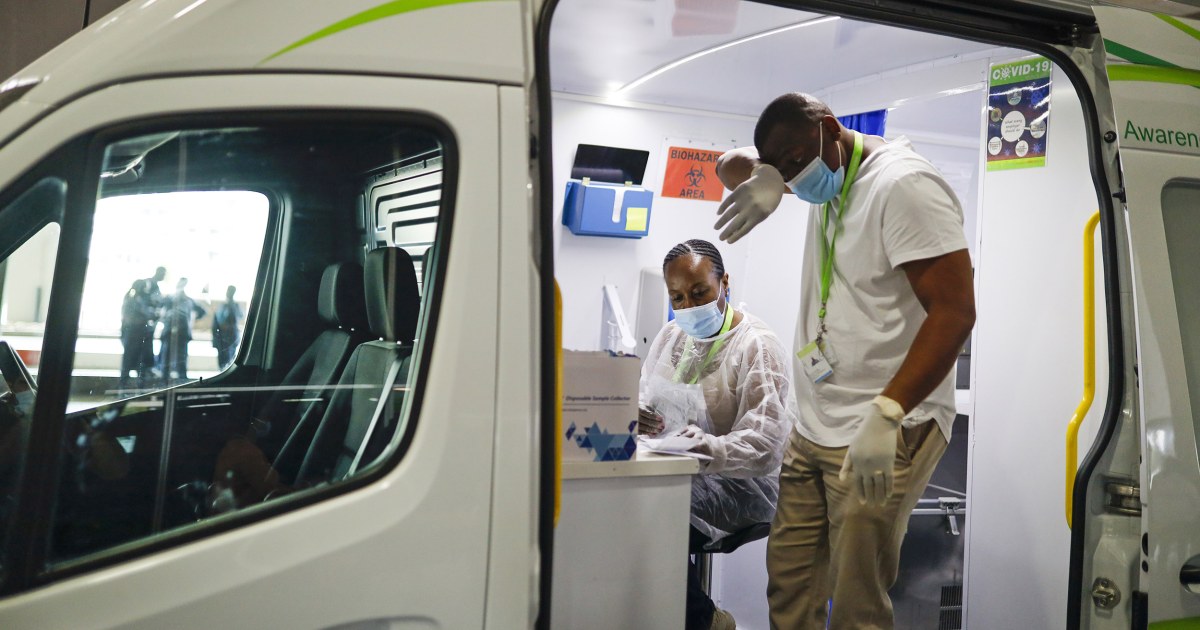You are here
 How ‘vaccine nationalism’ could prolong the Covid-19 pandemic The hoarding of vaccine doses by rich countries has complicated the effort to secure enough for the world’s poorest nations. NBC News
How ‘vaccine nationalism’ could prolong the Covid-19 pandemic The hoarding of vaccine doses by rich countries has complicated the effort to secure enough for the world’s poorest nations. NBC News In late December, the West African nation of Guinea injected 25 of its senior officials with doses of the Russian Sputnik V Covid-19 vaccine. Unshaken by safety concerns, national leaders took to state TV to celebrate.
“We are the guinea pigs,” one said.
Nearly a month later, there has still not been a single dose of a licensed Western vaccine administered on the continent of Africa — even as roughly 60 million doses have been given worldwide.
This drastic disparity represents an outcome long feared by public health experts. It also underscores the colossal challenge ahead for the global coalition, known as COVAX, scrambling to secure vaccine doses for the world’s poorest nations.
“The price of not solving the vaccine distribution problem internationally will be measured in lives,” said Thomas Bollyky, director of the global health program at the Council on Foreign Relations.
Even before the arrival of vaccines, the spread of the coronavirus laid bare the advantages wealthy nations enjoy in securing such critical resources as hospital ventilators and personal protective equipment for medical workers.
The same dynamic has played out in the global race to amass vaccine doses.
A small group of rich countries — comprising just 16 percent of the world’s population — have locked up 60 percent of the global vaccine supply, according to Duke University’s Global Health Institute.
Canada has already preordered enough potential doses to vaccinate its entire population nearly six times, and the U.S. has enough purchase options to vaccinate every American nearly five times, according to the institute.
The hoarding of vaccine doses has left the rest of the world scrambling.
Australia, Canada and Japan account for 1 percent of the world’s coronavirus cases, Bollyky said, but they have amassed more doses than all of Latin America and the Caribbean, which have close to 20 percent of cases. The coronavirus mortality rate in Africa rose to 2.5 percent this week, officials said, dwarfing the U.S. rate of 1.7 percent ...



Recent Comments